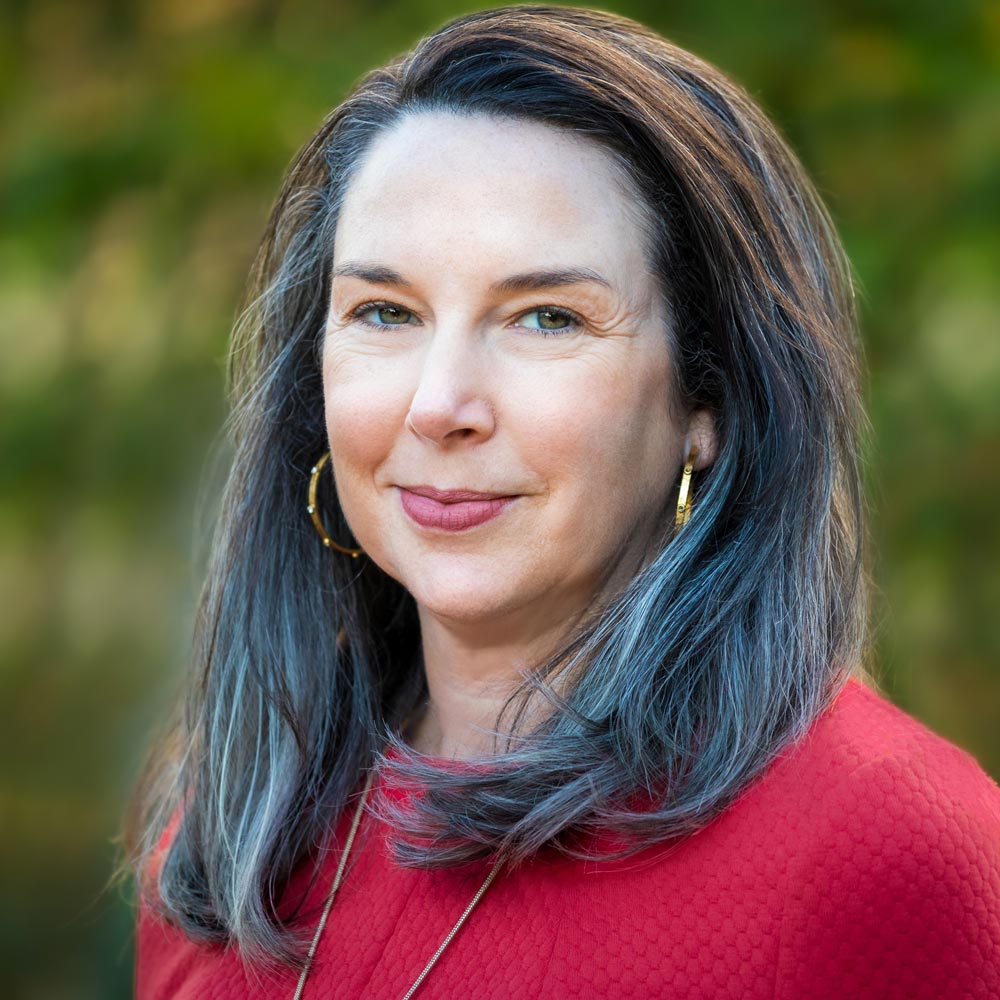I live near the Pacific Ocean, so I tend toward surfing metaphors. So when I look back at the news of the last few months, I’m reminded of how quickly things can change out there on the water. One minute you’re sitting on your board reflecting on your last couple of nice sets when some rogue wave comes out of nowhere and washing-machines you all the way to the beach.
Maybe it’s just a leftover sensation from 2020 when we quickly churned from COVID to wildfires to protests, but many leaders I work with tell me they feel like they are cycling from one big wave to the next faster than ever before. Just when they think they’ve navigated the departure of a key staff member, a building (literally) catches on fire or a serious legal issue arises.
Managing through disruptions in the status quo is a subject with many facets, I want to share a few important thoughts here on how to build resilience for any crisis for yourself and your team:
Always be positioned on your board for the rouge way
Harkening back to my surfing analogy, a leader’s stance on their board is critical. Especially in times like these when the waves are back to back, it’s vital to use the quiet times to future proof your organization. The futurist Amy Webb has a great framework for this in her recent HBR article. While it’s impossible to know what form the next wave will hit, any resilience you build right now will help you later. This is why it’s important to surround yourself with good people who can communicate effectively and are trained and empowered to make good decisions. Create a psychologically safe workplace. Prioritize and communicate the importance of health, physical health for not just you but also all of your staff. When the crisis comes, your practiced resilience will be your most valuable tool.
Inside the bottle
There’s a phrase out there that goes, “You can’t read the label from inside the bottle.” Inevitably, when leaders are surrounded by people whose livelihoods depend on pleasing the boss, the first thing that is lost is self-awareness. That’s why it’s vital to get good consistent and honest external input. You can find this from mentors, peers, board members, or recommendations from friends. Frequently, you won’t like what you hear, but it’s important to listen to it.
This external advice is really just the first step on your journey toward self-awareness. Sometimes the best insights will come from your own inward reflection. What are your blind spots? What are you good at versus what are you not good at? Where do you need help?
Early detection
Some crises come out of the sky like meteors and there’s nothing you can do but react. And a often times, there are plenty of early warning signs that you’ll only see if you are grounded in the present and have a curious mind. If a key staff member leaves, get curious about the why. If the numbers don’t really add up in your most recent financial report, dig deeper. If a usually talkative board member is keeping quiet, find out why.
You may recall the episode of Ted Lasso that used the phrase, “Be curious, not judgmental.” Everyone understands the “curious” side of that equation, but it’s important to understand the “judgmental” side. The stories we tell ourselves are vital to our making sense of the world around us. But a lot of time our mind unconsciously crafts our narratives with cherry-picked data to arrive at conclusions that make reality line up with our own version of things, but that doesn’t necessarily reflect reality. Some examples of stories we can tell ourselves: My staff love me. We always hit our budget numbers at fiscal year end. Our friends in the legislature would never defund this project. Everyone uses that accounting firm. Sometimes, your next crisis is building in a narrative that you’ve never second-guessed.
Be a lesson sponge
If you’re a leader in your organization, you’ve probably been involved in no fewer than a dozen crises in your career. What did each of those teach you? What did each one of those teach your staff? And what about all the other crises that you saw in similar organizations, or that your friends in other businesses shared with you over dinner or drinks? It is worthwhile to take some whitespace time and codify those lessons. Your formal education without doubt gave you a lot. Your lived experience is also an important teacher. When a crisis hits, your solution might be in some epiphany that you have yet to uncover, but it also might be in something you saw once before. Your career is like walking through an orchard of knowledge–be sure to pick the fruit.
When a crisis comes, it will call on every strength that you have: wisdom, toughness, speed, and the list goes on. At the end of the day, resilience is what will likely see you through. And if you wait until the next crisis comes, you’ll be too late to catch that wave.

